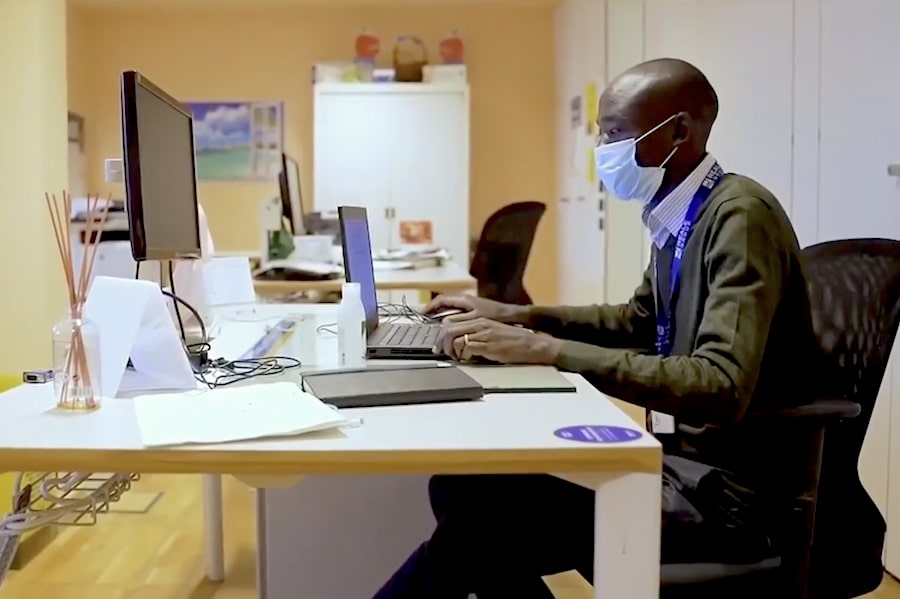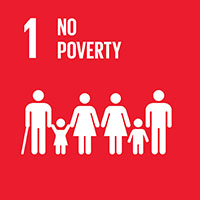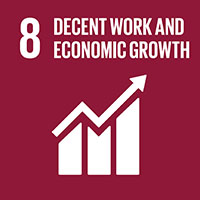Italy plays an important role in protecting refugees in Europe. Despite the COVID-19 pandemic, the borders remained open, and the country welcomed almost 40% of the refugees and migrants who arrived in Europe by sea in 2020.
The UNHCR estimates that, in Italy, there are a little under 300,000 people under its mandate, i.e. beneficiaries of international protection (more than 200,000), asylum seekers, and stateless persons. Italy’s legal system for asylum seekers and refugees is advanced: by law, asylum seekers have the right to healthcare immediately after submitting an asylum request, the right to work after 60 days, and to housing funded by the government in reception facilities. However, the prospects for refugees to integrate continue to be limited and constitute one of the most problematic areas of the reception system.
The project
The project: “Welcome. Working for Refugee Integration” was launched in 2016 to encourage refugee employment fostering the business community’s commitment in collaboration with governing institutions and civil society organisations.
Improving prospects for integrating refugees is the UNHCR’s main priority in Italy: poor integration causes successive migrations and threatens to destroy the good results Italy has achieved in terms of access and asylum. Many refugees have skills and knowledge that can benefit their host communities if social inclusion is facilitated more effectively by everyone, including institutional actors and civil society. In this context, it is essential to mobilise effort and resources to encourage integration and inclusion of refugees living in Italy. This can facilitate peaceful coexistence with local communities and counter the increase in xenophobia and racism.
In the third year of implementation, the results show strong growth in the number of businesses that participate in the project, with an overall participation rate that increased by 112% between 2017 and 2019. The UNHCR project comprises three main activities:
- promoting the initiative with traditional institutional partners (Ministry of the Interior and Ministry of Labour), other international organisations (ILO), and private actors, as well as identifying new partnership opportunities;
- training and technical assistance for participating companies through webinars on international protection, on the Italian asylum system, and practical steps for hiring refugees in Italy. The UNHCR integration experts will then help the businesses who wish to offer training/apprenticeship/employment opportunities to asylum seekers and refugees, acting as mediators with the reception system and with existing projects that promote refugee employment;
- strengthening the integration capacities of the second-line reception system in promoting refugee labour inclusion.
Like every year, the UNHCR will recognise the commitment of Italian business and non-business actors to refugee integration awarding the Welcome prize and WeWelcome prize each year.
The beneficiaries
There are three main beneficiaries of the project: asylum seekers and people with international protection, companies, and reception system operators.
Asylum seekers and refugees to be included in a training/apprenticeship/employment path will be selected by reception centre operators, supported by the UNHCR. This will be complemented by the work of professional associations, trade unions, chambers of commerce, local authorities, employment services, and associations engaged in assisting and protecting applicants and beneficiaries of international protection. For the current year, it is estimated that 3,300 refugees and asylum seekers will be included in training, apprenticeship, or employment paths. The project also has the goal of training 150 reception system workers in planning refugee inclusion paths. Finally, it is expected that 40 businesses will be involved in webinars organised by the UNHCR on hiring refugees.
Project name: Welcome. Working for Refugee Integration
Proposing organisation: UNHCR – The United Nations High Commissioner for Refugees
Area of intervention: Inclusion & Social Development





